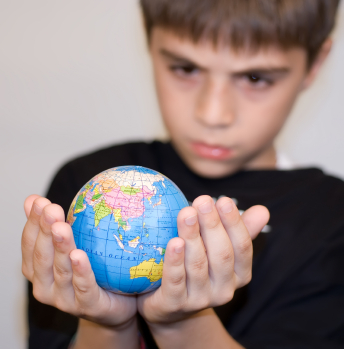According to an in-depth study by the Pew Research Center, 33% of the 198 countries and territories had high religious hostilities in 2012, which has increased from 20% as of mid-2007, with interval studies demonstrating a steady increase. The study indicates that the largest increase in hostilities was in the Middle East and North Africa which experienced political uprisings in 2010-11.
The number of countries identified as having a high level of government restrictions on religion stayed the same, and 29% had a high or very high level of restrictions in 2012. Among the largest countries, Pew reports that Egypt, Indonesia, Russia, Pakistan, and Burma (Myanmar) had the most restrictions in 2012.
According to Pew Research, Government Restrictions Index (GRI) measures government laws, policies and actions that restrict religious beliefs and practices, including efforts to ban particular faiths, prohibit conversions, limit preaching, or give preferential treatment to religious groups.
The Social Hostilities Index (SHI) measures acts of religious hostility by private individuals, organizations, or groups in society and includes religion-related armed conflict or terrorism, mob or sectarian violence, harassment over attire for religious reasons, or other religion-related intimidation or abuse.
To read the full study, visit the Religion and Public Life Project of PewResearch. This study was released January 14, 2014.
